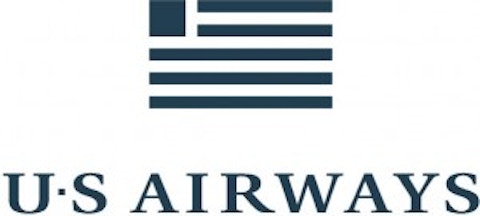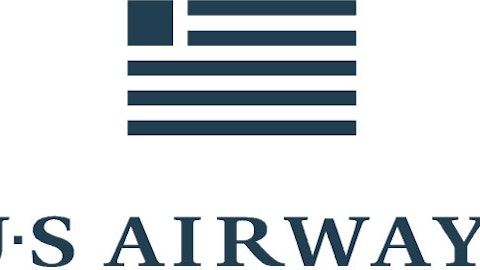
Lawsuit time
The Associated Press is reporting that anti-trust lawyer Joseph Alioto is filing a lawsuit to block the merger on behalf of a group of consumers. Alioto’s lawsuit claims that the four major airlines that would exist in the U.S. market after the merger would control around 90 percent of the domestic airline industry. Both American Airlines and US Airways Group, Inc. (NYSE:LCC) have criticized the lawsuit voicing their disagreement with the alleged harmful effects on consumers. It should also be noted that Alioto filed a previous lawsuit to block the Southwest AirTran merger, an attempt that was unsuccessful in the end.
Merger threat?
Whether or not Alioto’s lawsuit is successful, it does continue to raise questions about consolidation in the airline industry. Among the actions taken after a merger is the elimination of redundancies in employees and, in the case or airlines, pieces of network. This is not because airlines like to fire people or because the airline gets a joy out of shrinking hubs. It’s a business practice designed to show the most profit for shareholders; a goal that follows publicly traded companies.
Those looking for evidence of post-merger actions can take Delta Air Lines, Inc. (NYSE:DAL) as an example. When the airline merged with Northwest Airlines in 2008, it promised more integration, a larger network, and better quality customer service. While the new Delta has certainly been a financial success (it is often cited as the way to do airline mergers), the same cannot be said of all parts of the network. Recently, Delta decided to shutter the Memphis hub inherited from Northwest, thereby shrinking air travel to the city. Much of a similar situation has occurred at the Cincinnati Northern Kentucky International Airport a few hundred miles north although CVG does maintain official hub status. Delta realized that it made more sense to send flights through a single large hub per region; CVG was close to the Detroit hub, inherited from Northwest, and Memphis was close to Delta’s massive Atlanta operations. Now that the merger is completed, Delta can route flights through a more efficient hub network which should help to reduce costs and streamline operations going forward, a pair of goals airline mergers seek to realize.
The latest merger is already presenting an interesting situation at the Washington National Airport where the new American would control a large majority of the slots. The eventual solution is not clear since US Airways Group, Inc. (NYSE:LCC)’s response to the idea of forfeiting slots has been that the airline would eliminate flights to smaller cities since these flights are the less profitable ones. But Washington National itself is in little danger of losing service thanks to its prime location in the heart of the city and the airport being a favorite for use by members of Congress.
Strong confidence
Despite the lawsuit and opposition from certain consumer advocates, both US Airways Group, Inc. (NYSE:LCC) and American Airlines appear confident in the merger’s completion. With a projection to close it in the third quarter, the carriers have already begun a new branding strategy alongside the progress they made in setting up contracts around the time the takeover was announced. Most analysts also appear confident in the merger being approved, although some still leave open the possibility that the carriers would be forced to forfeit some slots at Washington National. If the merger is completed as expected, the new American will take on a host of new challenges of integrating two large scale airlines. But for industry followers, it will likely be the last of the legacy carrier mergers. Then it will be time to watch the consolidated industry play out.
The article A Merger Lawsuit in the Airline Industry originally appeared on Fool.com and is written by Alexander MacLennan.
Alexander MacLennan owns shares of Air Canada and Delta Air Lines. He also owns the following options: long $22 Jan 2015 Delta calls, long $25 Jan 2015 Delta calls, long $30 Jan 2015 Delta calls, long $17 Jan 2015 US Airways calls. This article is not an endorsement to buy or sell any security and does not constitute professional investment advice. Always do your own due diligence before buying or selling any security. The Motley Fool has no position in any of the stocks mentioned. Alexander is a member of The Motley Fool Blog Network — entries represent the personal opinion of the blogger and are not formally edited.
Copyright © 1995 – 2013 The Motley Fool, LLC. All rights reserved. The Motley Fool has a disclosure policy.




